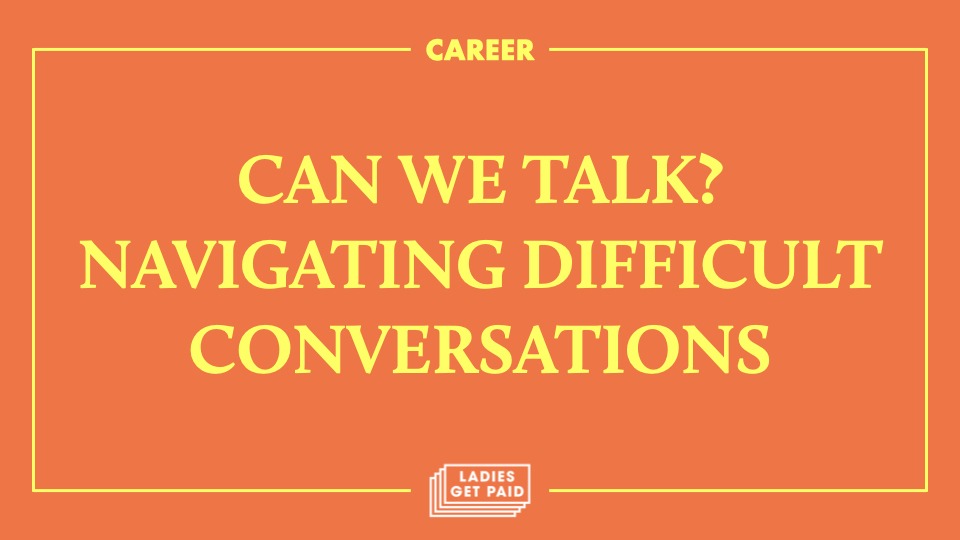Difficult conversations are difficult for a reason, and when you’re anxious or stressed out, it’s easy to say the wrong thing. And it doesn’t matter how prepared you are. Your best laid plans will go to waste if you offend or anger the other person. When navigating a difficult conversation, you need to craft your message while keeping the other person’s feelings and opinions in mind. Below are some of the words and phrases that can slip into our vocabulary — and explanations for why they often cause trouble.
Don’t assume your viewpoint is obvious
Sometimes, if you feel like you’re 100 percent right, you may use words such as “clearly,” “obviously,” or “beyond doubt.” If you do this, you’re falling prey to naive realism — the belief that you’re privy to some objective reality that others will clearly see and agree with.
We’re seldom in such an objectively black-or-white situation, and reasonable people may see things differently than you or need more convincing to come around to your viewpoint.
Don’t exaggerate
When you’re speaking with someone who has upset you on multiple occasions, you may find yourself inadvertently resorting to using phrases such as “You always …” or “You never…”
Exaggeration will undermine your overall credibility and lead to a debate about frequency instead of substance. If your intent is to get someone to start or stop doing something, keep the focus on that.
Don’t tell others what they should do
Telling someone what they should do contains an implicit value judgment. People feel judged by “should” statements — as if they wouldn’t come to the right conclusion without your input — when they’d prefer to decide for themselves what to do.
Don’t blame others for your feelings
If you’re upset about something someone said or did, it’s natural to have an emotional reaction. We all are human. But stating the cause of those feelings is unhelpful and counterproductive.
People hate being blamed for things — especially for words or actions that harmed others. So instead of apologizing or agreeing to change their behavior, they’ll defend themselves — their specific words and overall intentions or character.
Don’t challenge someone’s character or integrity
You may feel that what someone has done is “unprofessional,” “wrong,” or “unethical.” If you use words like these, there’s a good chance the target will become defensive. Humans have a strong need to see themselves as decent and moral. If you describe their problematic behavior in ways that threaten their core sense of self then the person is more likely to shift from the issue at hand to a defense of their character.
Don’t say “It’s not personal”
When someone is hurt, angry, or otherwise clearly affected by something you’ve said or done, telling them it’s not personal only adds insult to injury. If you actually care, why not acknowledge and own that it is personal to them, even if not to you? It just takes commitment to notice and minimize the use of these problematic words and phrases.





